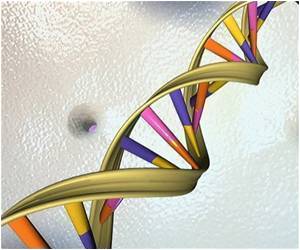Genes and proteins, which damage muscle cells that cause a common form of muscular dystrophy have been identified by researchers.

The work established a viable roadmap for how the expression of the DUX4 gene can cause FSHD.
Corresponding author Stephen Tapscott, M.D., Ph.D., a member of the Hutchinson Center's Human Biology Division said that whether this is the sole cause of FSHD is not known; however, the latest findings "are about as strong of evidence as you can get" of the genetic link.
Tapscott and colleagues sought answers to the questions about what the DUX4 protein does both normally in the body and in the FSHD disease process.
In the latest study, they identified that the DUX4 protein regulates many genes that are normally expressed in the male germ line but are abnormally expressed in FSHD muscle. Germ line cells are inherited from parents and passed down to their offspring.
"This study is a significant step forward by solidifying that the DUX4 transcription factor causes this disease, while offering a number of viable mechanisms for why the muscle is damaged," Tapscott said.
Advertisement
Advertisement
Such biomarker-based tests also could be used to determine how well new treatments are working to suppress FSHD.
The study has been published in the journal Developmental Cell.
Source-ANI










